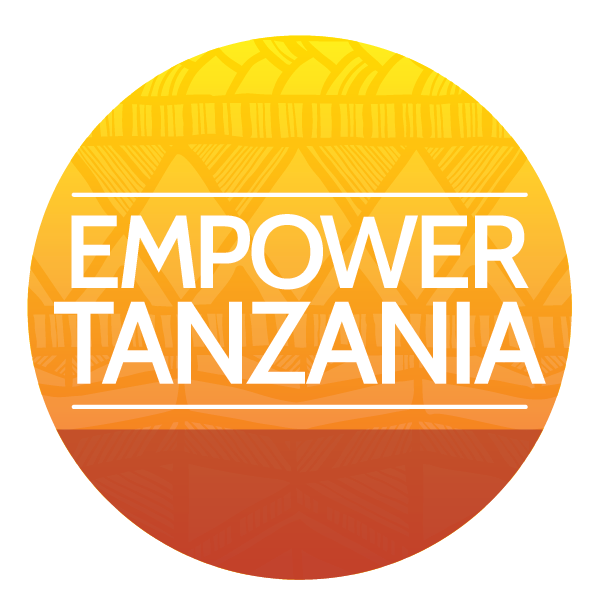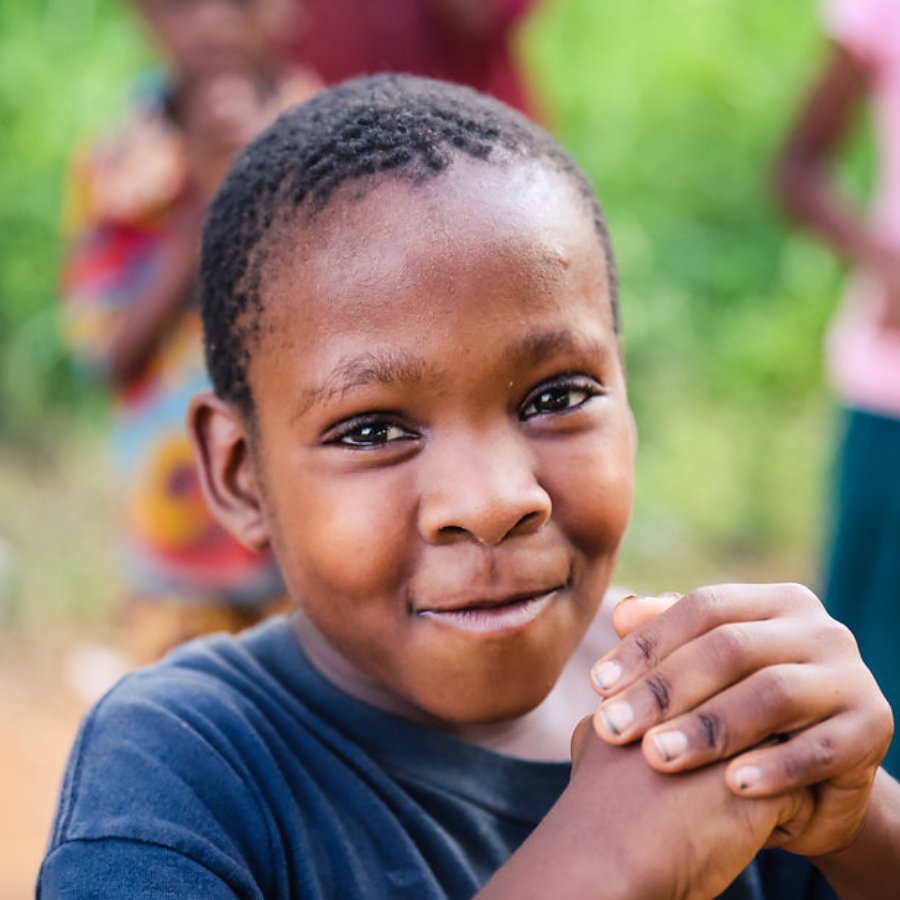HEALTH FOR LIFE
LACK OF ACCESS TO HEALTH SERVICES IN RURAL AREAS IS A DIFFICULT CHALLENGE TO OVERCOME IN TANZANIA AND EMPOWER TANZANIA CONSIDERS IT A MAJOR CAUSE PREVENTING ECONOMIC DEVELOPMENT AND RESILIENCY IN A COMMUNITY.
This lack of access is compounded by limited, often inaccurate, information about healthy behaviors. We address both of these challenges in our projects. Each project has been developed in close cooperation with the people it will serve as well as local government officials and other stakeholders. All of them feature empowerment, especially of women, and all include a strong educational component. As is evidenced in all of our programming, we believe that education changes everything. Learn about our life-giving Community Health Network below.
Improving Community Health Program
Improving Community Health Program starts in 2024! We are expanding to Babati District in the Manyara Region of Tanzania. Babati Town Council is an urban area with a population of approximately 130,000 people. In partnership with the Walden University Institutional Review Board and the Tanzania National Institute of Medical Research, we will be conducting surveys and collecting health data for approximately 33,000 households to measure program effectiveness. Our objective is to improve health outcomes at the household level through an 8-week course with 4-hour weekly sessions and each household representative will receive a certificate of completion. Community Health Educators will teach the curriculum focused on culturally relevant health topics, such as underage pregnancy, reducing maternal mortality, gender-based violence, nutrition, etc.
Beyond Gender-Based Violence & Entrepreneurship
The Beyond Gender-Based Violence Program was developed to respond to the high levels of domestic violence in Tanzania. The program established 10 support groups in various communities, each serving 10 survivors of gender-based violence. The 99 survivors in the program received twice-monthly group counseling for two years and showed improvement in depression and anxiety scores on culturally appropriate psychological testing instruments. They have now embarked on economic strengthening projects that will generate income, autonomy, and dignity. These women, first called victims and survivors, now refer to themselves as entrepreneurs and business women, having established a fair trade social enterprise called Vumwe Designs verified by the Fair Trade Federation. They use the beautiful batik and tie-dye fabrics they create to make a variety of handmade products to be sold at Fair Trade outlets in the US.
Reproductive Health & Relationships Program
The exceptionally high pregnancy rate of schoolgirls in the rural communities of Same District has drawn concern from government, religious, and community organizations. Empower Tanzania has been asked to help address this problem and its attendant risks of sexually transmitted diseases and the onset of sexual activity. Reproductive health education has been demonstrated in multiple research studies to reduce teen pregnancy and sexually transmitted diseases including HIV, as well as delay the age of onset of sexual activity. Research has demonstrated the effectiveness of the program in changing student knowledge and attitudes about program topics and grant funding is being sought to scale up this program to all 80,000 students in Same District and nationally thereafter. For more information about the program, click here.
Improving Women’s Health Program
The Improving Women’s Health Program began in 2013 and trained 33 women as Community Health Educators (CHEs), each serving one ward of Same District (population 269,000). The CHEs use interactive presentations as well as educational videos in Swahili to provide information on basic topics (like hand washing, purifying water, mosquito nets use to prevent malaria, HIV/AIDS, family planning, and COVID-19) to improve health outcomes through education. Each CHE conducts at least 12 meetings per month and their impact is remarkable! As of August 2021, the CHEs have presented to over 1.5 million signed attendees who have attended their 30,000 presentations on a variety of health topics. District-wide surveys have demonstrated the effectiveness of the presentations in improved health topic knowledge and attitude change. In fact, preliminary government health data found lower rates of malaria, diarrheal diseases, intestinal parasites, and acute respiratory infection in Same District compared with neighboring control districts. Each CHE was provided a sturdy bicycle and helmet in 2018 to further expand their reach.
Community Hospital-Alliance Program
The Community-Hospital Alliance Program began in 2014 with the purpose of integrating 21 underserved, remote Maasai villages with the formal health system to reduce the significant disease burden and high mortality rates in the communities. Thirty-four Maasai women were each selected by their village leaders and were trained as Community Health Workers (CHWs). These women provide timely life-saving treatments such as newborn resuscitation or control of post-partum hemorrhage, recognize when someone with an illness needs to be referred to a health facility, and treat minor wounds and injuries. The CHWs also provide preventive health education presentations to their fellow community members and in 2015 were given iPads preloaded with health education videos to facilitate these presentations. The program was successful and transferred to Same Department of Health management in September 2021, thus completing the concept, implementation, and sustainability sequence of development that Empower Tanzania seeks with its government partners.
Childbirth Clinic & Safe Motherhood
Safe Motherhood for Maasai Women and Children was established in response to an urgent request by the Maasai community of Nadaruru, which had exceptionally high maternal mortality rates. In 2011, with significant local support, Empower Tanzania constructed a clinic building as the site for the provision of a safe motherhood program. Ten women were trained as birth attendants by Tanzanian faculty. Two of the birth attendants staff the clinic building daily and provide education to pregnant women and their newborns. Twice each month, a medical team for Gonja Lutheran Hospital comes to the village to provide maternal checkups, immunizations of children, and other health services to community members. A similar clinic staffed by 10 trained birth attendants was established in the Maasai community of Pangaro in 2012. Both clinics have had solar lighting systems installed and a latrine was built at Nadaruru in 2013 and at Pangaro in 2016. In 2018, both of these clinics were passed over to local control—another example of sustainable aid facilitated by Empower Tanzania.
Palliative Care
Palliative Care (also called “end-of-life” care) was an inaugural Empower Tanzania program. It began in 2007 with funding from the President’s Emergency Plan for AIDS Relief (PEPFAR) and trained 240 Community Health Workers from 24 villages in the delivery of palliative care services to terminally ill people in their villages. Over time the program added training in home-based care. Empower Tanzania completed its involvement in the program in 2015, and a limited version continues with the support of the Tanzanian Red Cross and the Centers for Disease Control and Prevention.
COVID-19 RESPONSE
Learn more about our response and support during the pandemic.
REPRODUCTIVE HEALTH & RELATIONSHIPS PROGRAM
Learn more about this vital program.






